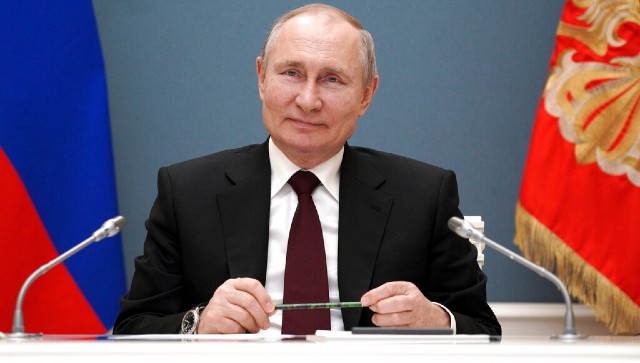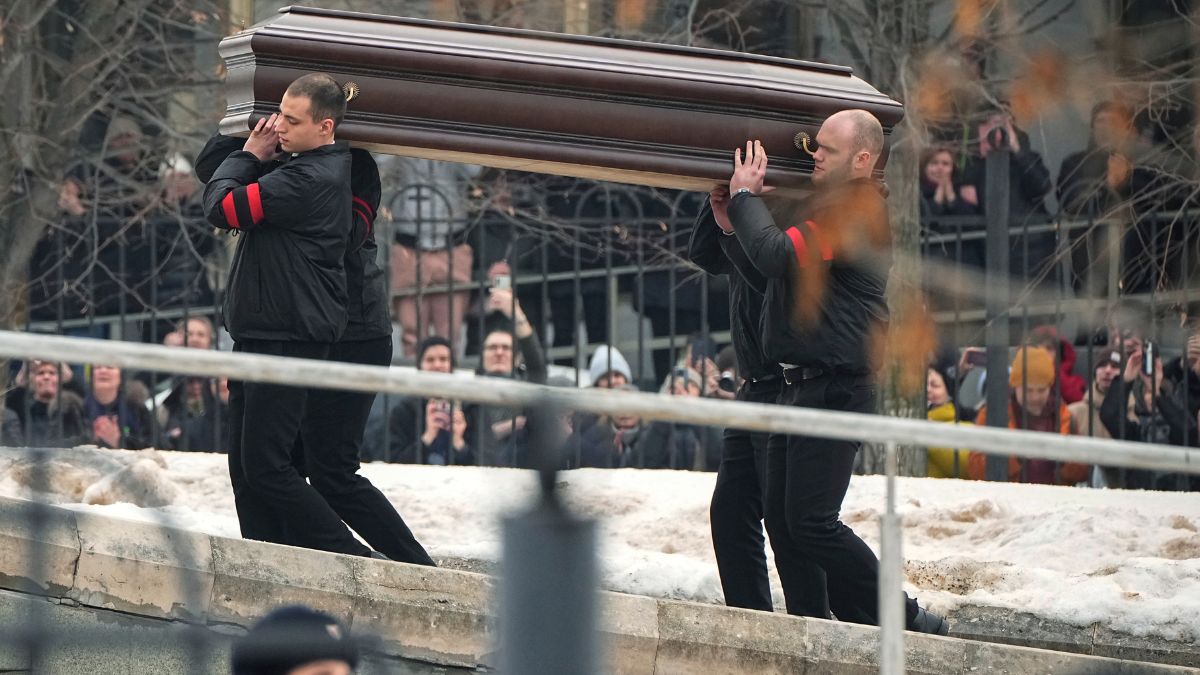Russian president Vladimir Putin on Monday formalised Russia’s withdrawal from the Open Skies security treaty after the US quit the key post-Cold War defence accord last year.
Moscow announced in mid-January that it was leaving the treaty that allows signatories to carry out unarmed surveillance flights over each others’ territories. It cited a “lack of progress” on maintaining the treaty after the United States withdrew last year.
The document formalising Russia’s decision was published on a government website on Monday morning. Putin’s decision comes ahead of a highly anticipated summit between him and US president Joe Biden in Geneva next week.
Biden initially signalled his administration could reverse his predecessor Donald Trump’s move to quit the accord, but then confirmed late last month that Washington will not revisit the decision.
Russia’s deputy foreign minister Sergei Ryabkov said in response last week that there was no reason for the security pact to feature on the agenda at the meeting between Putin and Biden since the United States had made its position on the future of the accord clear.
Russian lawmakers in both the upper and lower houses of Parliament had earlier voted in favour of ending Moscow’s participation in Open Skies.
What is the Open Skies treaty?
The treaty, which aimed to repair ties and smoothen bilateral relations between countries during and after the Cold War, was proposed in 1955 by then-US president Dwight Eisenhower. It was signed by NATO members in 1992 and was implemented in 2002.
The accord had 35 signatories, including countries across Europe, the former Soviet Union, US, and Canada.
The Open Skies Treaty was intended to build trust between Russia and the West by allowing the accord’s more than three dozen signatories to carry out surveillance flights over each other’s territories to oversee troop deployments and other military activities.
More than 1,500 flights have been conducted under the treaty since it took effect in 2002, helping foster transparency and monitor arms control agreements, The Associated Press reported.
“The information gathered, such as on troop movements, military exercises and missile deployments, has to be shared with all member states. Only approved imaging equipment is permitted on the surveillance flights, and officials from the host state can also stay on board throughout the planned journey,” The Indian Express reported .
A country under surveillance is given a 72-hours warning ahead of a flight and 24-hours notice of the flight path, to which it can suggest modifications.
Trump pulled out of the pact last year, arguing that Russian violations made it untenable for Washington to remain a party, and the United States completed its withdrawal in November.
Russia has rejected any violations, arguing that a few restrictions on observation flights it imposed in the past were permissible under the treaty and noted that the US imposed more sweeping restrictions on observation flights over Alaska.
As a condition for staying in the pact after the US withdrawal, Moscow has unsuccessfully pushed for guarantees from NATO allies that they won’t hand over the data collected during their observation flights over Russia to the US.
What does Russia’s withdrawal signify?
Russia’s withdrawal from the Open Skies Treaty is significant because it comes on the heels of the end of another security accord, the Intermediate-Range Nuclear Forces Treaty. Both the US and Russia exited the treaty in 2019.
While the newly-elected Biden administration renewed the ‘New START’ nuclear disarmament treaty with Russia in February 2021, there are concerns about the stability of the bilateral relationship.
“President Biden pledged to keep the American people safe from nuclear threats by restoring US leadership on arms control and nonproliferation,” US Secretary of State Anthony Blinken was quoted as saying by AFP in February 2021.
“Today, the United States took the first step toward making good on that pledge when it extended the New START Treaty with the Russian Federation for five years.”
With inputs from agencies


)




)
)
)
)
)
)
)
)